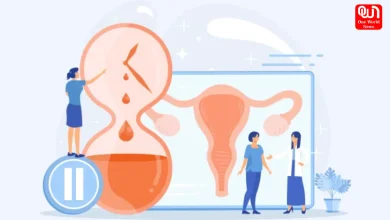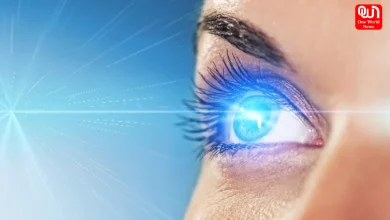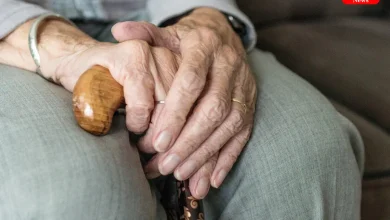Being a Physiotherapist in India: Challenging yet Rewarding

Exploring the Education, Opportunities, Challenges, and Rewards for a Physiotherapist in India
Being a physiotherapist in India can be a challenging and rewarding profession. Physiotherapists, also known as physical therapists, work with patients to help them improve their physical function, mobility, and overall health. They treat a variety of conditions, including musculoskeletal injuries, neurological disorders, and chronic pain. In this article, we will explore what it’s like to be a physiotherapist in India.
Education and Training
To become a physiotherapist in India, one must complete a Bachelor’s degree in Physiotherapy (BPT) or a Master’s degree in Physiotherapy (MPT) from a recognised university. The course duration for BPT is four years, and for MPT, it is two years. After completing the degree, one must also register with the Indian Association of Physiotherapists to practice legally in India.
Read more:- Rise In Covid Cases Invoke Fear In People
In addition to academic qualifications, physiotherapists in India must have good communication skills, patience, and a willingness to work with patients of all ages and backgrounds. They must also have excellent knowledge of anatomy, physiology, and medical conditions.

Career Opportunities
After completing their education and training, physiotherapists in India can work in a variety of settings, including hospitals, clinics, private practices, rehabilitation centres, sports clubs, and nursing homes. Some physiotherapists also work as consultants for companies, providing ergonomic assessments and advice on workplace safety.
The demand for physiotherapists in India is on the rise due to an ageing population, an increasing prevalence of chronic diseases, and a growing interest in sports and fitness. This has led to a variety of career opportunities in both urban and rural areas.
Challenges
Working as a physiotherapist in India can be challenging due to several factors. One of the main challenges is the lack of awareness among the general public about the role of physiotherapy in healthcare. Many patients are unaware of the benefits of physiotherapy and may not seek treatment until their condition becomes severe.
Another challenge is the lack of infrastructure and resources in many parts of the country, particularly in rural areas. This can make it difficult for physiotherapists to provide quality care and may limit the range of treatments that can be offered.
Finally, physiotherapists in India may also face challenges related to insurance coverage and reimbursement. Many insurance policies do not cover physiotherapy, and patients may have to pay out of pocket for their treatment.
Rewards
Despite the challenges, working as a physiotherapist in India can be a highly rewarding profession. Physiotherapists have the opportunity to make a significant difference in the lives of their patients, helping them to regain mobility, reduce pain, and improve their overall quality of life.
Physiotherapists also have the opportunity to work with a diverse range of patients, from athletes to the elderly, and to use a variety of treatment techniques, including manual therapy, exercise therapy, and electrotherapy.
In addition, physiotherapy is a constantly evolving field, with new research and techniques being developed all the time. This means that physiotherapists must stay up-to-date with the latest developments and continuously improve their skills and knowledge.
Conclusion
Being a physiotherapist in India can be a challenging and rewarding profession. Physiotherapists play a critical role in healthcare, helping patients to improve their physical function, mobility, and overall health. While there are challenges to working as a physiotherapist in India, including a lack of awareness about the role of physiotherapy, limited infrastructure and resources, and challenges related to insurance coverage, the rewards of the profession make it a worthwhile career choice. Physiotherapists have the opportunity to make a significant difference in the lives of their patients.
Like this post?
Register at One World News to never miss out on videos, celeb interviews, and best reads.







